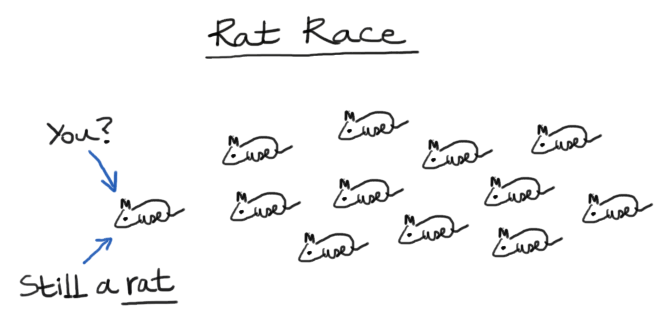In the automation era, maybe people are still a competitive advantage
In the last year of so I kind of moved off of the 'robots are taking all the jobs' topic as I had gotten a little tired of it and after reading 17.993 pieces on the subject it is pretty clear that nothing at all is clear about it.
Maybe the robots will take all of the jobs. Maybe they will only take the 'bad' jobs that we don't want to do. Or maybe we will have to someday co-exist with our robot masters.
Or maybe people and our unique ability to connect with other people will continue to be an important competitive differentiator in a world where we seem more and more inclined to develop and implement technology to remove people from business processes. Tale a look at an excerpt from a piece in Fortune last week about how the home improvement and supply giant Lowes is rethinking the importance of real, live employees in delivering better customer service, (emphasis mine)
The company (Lowes) said its adjusted profit was $1.57 per share, below analysts' average estimate of $1.61, according to Thomson Reuters I/B/E/S, while net sales climbed 6.8 percent to $19.50 billion, short of forecasts for $19.53 billion. Comparable sales rose 4.5%, well below the result posted last week by Home Depot, suggesting Lowe's continues to struggle to capitalize on the housing boom compared to its nemesis.
But the home improvement retailer thinks it has found a solution: increasing hours for store workers to improve customer service.
"While our results were below our expectations in the first half of this year, the team remains focused on making the necessary investments to improve the customer experience," CEO Robert Niblock said in a statement. He added: "This includes amplifying our consumer messaging and incremental customer-facing hours in our stores."
'Incremental customer-facing hours' might be the worst possible CEO-speak for 'putting more employees on the floor' but the real point can't be lost in the gobbledy-gook. If you have ever shopped in a Lowes or similar big-box format store you know that actually finding a customer service employee to help you with a question or to get help locating an item can be a daunting task. It seems so obvious that increasing staffing, hours, and enhancing the knowledge of store associates would likely drive significant increases in customer satisfaction, sales, and longer term loyalty.
But in the last several years most businesses like Lowes have seemed to focus energy and investment in all things digital - better websites and apps, self-checkouts, and even in Lowes case - actual robots that work in the stores.
But maybe, still, consumers see the value, understanding, and empathy that only people can provide. Maybe in a world where it seems like most of your competitors are moving towards ecosystems and processes that remove people and increase automation that actually providing old-school, in-person, and expert customer service, (from human employees), can still be a source of competitive advantage.
Really interesting times we live in where increasing customer service employees to improve a customer service problem seems like a bold, innovative, out of the box strategy.
Have a great week!

 Steve
Steve



